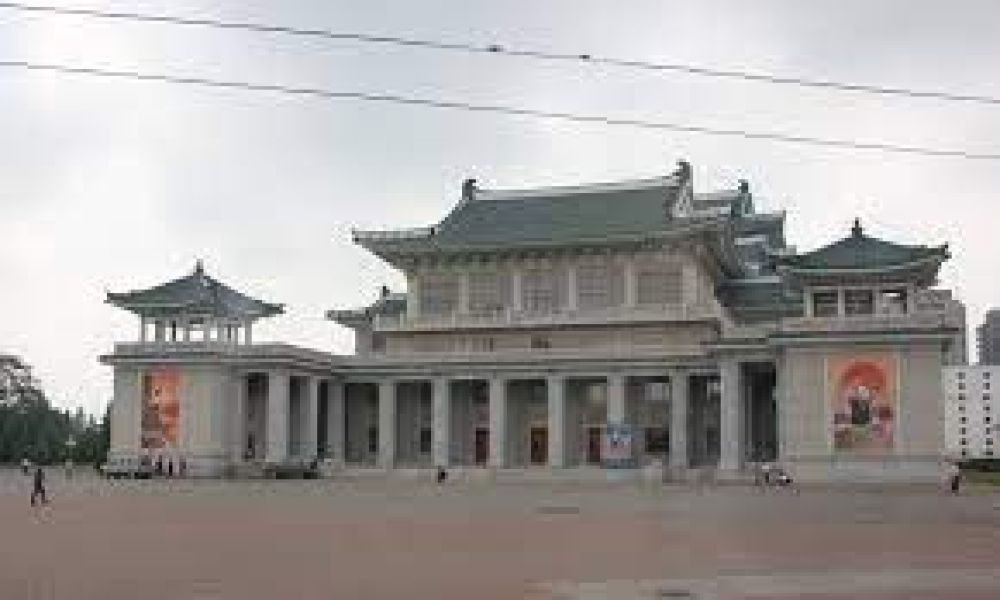

Pyongyang Grand Theatre, grand in both name and stature, stands as one of the defining cultural landmarks in North Korea's capital city, Pyongyang. Opened to the public during the second half of the 20th century, this majestic piece of architecture has served not only as a center for performance arts but also as a symbol of the country's devotion to arts, culture, and revolutionary ideology.
Kim Il-sung Square, named after the founder of the Democratic People's Republic of Korea, is another significant site located at the heart of Pyongyang. Since its construction in 1954, the square has been the epicenter of political rallies and military parades, showcasing the grandeur and collective spirit of the country. With its immense size and ability to accommodate hundreds of thousands of people, it is a place where history and power are proudly displayed.
The history of tourism in North Korea is intricately linked to its political narrative. For many years, the Hermit Kingdom, as it is colloquially known, has been one of the most isolated and secretive countries on Earth. However, in recent decades, North Korea has cautiously opened its doors to international tourists, offering a highly controlled and guided glimpse into its society.
Visits to landmarks such as the Pyongyang Grand Theatre and Kim Il-sung Square are often included in state-sanctioned tours, providing foreigners with an opportunity to observe North Korean culture and life within the framework set by the government. These sites remain a testament to North Korea's history, revolution, and the omnipresent state ideology.
Recent years have seen a slow and cautious increase in tourist activities in North Korea, with an emphasis on cultural exchange and showcasing the country's achievements. Most tourists arrive from neighboring China and Russia, but there is a growing interest from Western countries, despite the many travel restrictions and advisories in place.
Some of the latest trends include the organization of events such as the Pyongyang Marathon, and the Mass Games, a grand spectacle featuring gymnastics, dance, and music. Additionally, North Korea has also attempted to promote itself as a destination for adventure tourism, with activities like surfing and skiing being offered to visitors seeking a truly unique travel experience.
Nevertheless, tourism in North Korea remains highly regulated, with all foreign visitors required to travel with state-approved guides and itineraries. This ensures that visitors' experiences are closely curated, further adding to the enigmatic allure of one of the world's most secretive nations.